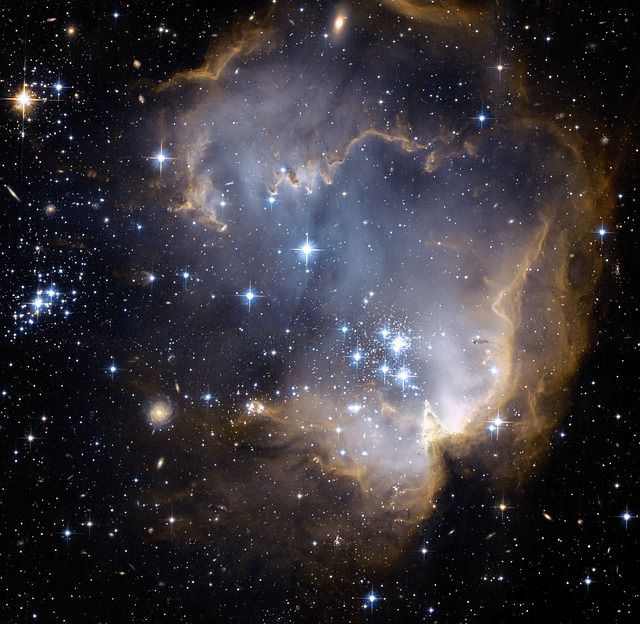
 It’s difficult not to be inspired by monumental scientific accomplishments. It speaks to the progress of the human species. Whether it’s the sequencing of the human genome or the realization that the fundamental components of the human body were manufactured in the core of stars throughout our galaxy, these seminal works give us a larger glimpse of the real world around us.
It’s difficult not to be inspired by monumental scientific accomplishments. It speaks to the progress of the human species. Whether it’s the sequencing of the human genome or the realization that the fundamental components of the human body were manufactured in the core of stars throughout our galaxy, these seminal works give us a larger glimpse of the real world around us.
The human gene-what? My atoms were made where?
Okay, maybe you’re familiar with the sequencing of the human genome but you may be less familiar knowing that the same atomic particles fabricated in stars scattered throughout the depths of the cosmos constitutes your very existence. How about the reprogramming of differentiated cells? ENCODE? Probably not. This to me isn’t surprising considering these important tour de force works included an array of authors, taking away from the poetic nature of the lone scientist “burning the midnight oil”. Now let’s not misconstrue this last statement. Just because the general population as a whole may not have heard of these recent seminal works doesn’t mean they’re not important or even less important than the works of early scientists, which were celebrated by many, globally.
Perhaps, clever reader, you have a refined scientific palette and have heard (or read) of all of the mentioned works I listed above, but would a middle schooler have? One of Einstein’s famous scientific contributions, E=MC^2, is interchangeable with the scientist. The two are different forms of the same thing---no pun intended. As is the case of Newton, everyone has their own version of the classic apple-falling-down-from-the-tree, leading to the Newton’s concept of gravity. We can also associate with Darwin and his famous trip on the Beagle to the New World, which lead to his most famous discovery on evolution through natural selection.
The same cannot be said about modern scientific contributions and their respective contributors: unless you’re either highly interested or highly involved in the field. Contemporary tea, science involving multiple authors doesn’t lend itself to the same poetic storytelling as a bold underdog, defending a revolutionary theory.
So where did all the geniuses go?
They’re still here. Scattered throughout the 30 author consortia papers, you’ll find a few “geniuses”, except that team science is difficult to associate with in a more personal way. The increasing need to work collaboratively on scientific endeavors could be due to several things. First, the leveraging of available technologies has catapulted science orders of magnitude forward and there’s an obvious increase in specialization associated with it. And although some may consider this blasphemy, It’s possible that the questions scientists are now capable of asking are simply more difficult to answer so the need to work with others is essential; yes evolution by natural selection was a huge conceptual leap forward, but technically speaking the structure of DNA was a harder question to solve. There’s also the important financial solvency reason behind collaborations. And lastly, science has changed. It took Einstein several years with full open-access to publish his most famous discoveries in 1905, and about 10 years to generalize his relativity theory. I’d hate to sound cliche but the “publish or parish” mantra is as lively as ever today. The current state of science rewards piecemeal papers heavily based on previous experimental evidence, rather than bold revolutionary works. Love it or hate it, it’s the name of the game.
Regardless of rhythm or reason, collaborating and joining unique skill sets together keeps you and your research relevant by allowing you to ask incredibly interesting questions, even though the credit of the work might be diluted among several people. Simply put, some of the lowest hanging fruits in science have been picked and team science works.
Although team science doesn’t lend itself to the same poetic nature to that of a rogue underdog using the Ricci tensor to describe the curvature of space-time, It’s been key for innovation and discovery and it’s a trade-off most can live with.



